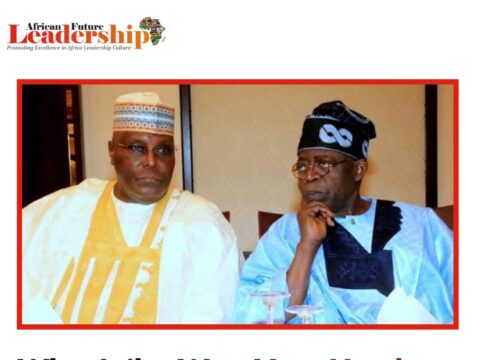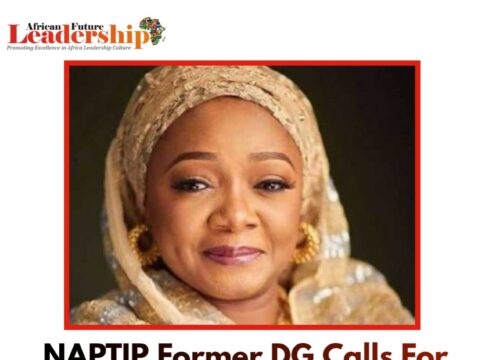Despite being in control of only four of the 19 states in northern Nigeria, the People’s Democratic Party (PDP) pulled a major upset in the February 25 presidential election, winning more states than the ruling All Progressives Congress (APC) flag bearer, Bola Tinubu, in the region.
Tinubu scored 8,794,726 votes to be declared the president- elect, ahead of Atiku Abubakar of the PDP who scored 6,984,520, Peter Obi of the Labour Party (LP) with 6,101,533 votes and Rabiu Kwankwaso of the New Nigeria Peoples Party (NNPP) 1,496,687 votes.
Howbeit, the ruling party performed below expectationin the North, which was considered its fort.
Though Tinubu scored the required 25% in nearly all the states, his performance, especially in the North- west region, was pathetic. He only managed to win Jigawa and Zamfara states, losing Kano to Kwankwaso and Kaduna, Katsina, Kebbi and Sokoto states to Atiku.
In the North-east, Atiku won Adamawa, Bauchi, Yobe, Gombe and Taraba while Tinubu won only Borno State.
In the North-central, Tinubu won Benue, Kwara, Kogi and Niger states while Obi captured Plateau and Nasarawa states.
Statistically, the president-elect did not, like Mr Buhari, secure inviting triumphs in the states he won in the region. In Zamfara State he got 59%, in Borno he got 54%, in Kwara he scored 56%, in Kogi he scored 53%, in Benue he scored 40%, he scored 46% in Jigawa and 48% in Niger State.
READ MORE: Courts Restrains Police From Arresting Ebonyi APGA Guber Candidate
The presidential election result from Northern Nigeria came as a surprise to many political watchers as the APC had overwhelmingly won the last two general elections in the region. In the 2015 presidential poll, the APC got 12,228,491 while the PDP got 3,560,620 votes in the 19 northern states. In 2019, the ruling party polled 11,448,806 votes while PDP scored 5,299,594 votes in the northern states. In the 2023 election, the APC also won more total votes than the PDP although it won in fewer states. The ruling party got a total of 5,507,784 votes while the PDP got 5,159,541 votes.
Ethnical sentiment played a crucial role in determining who won the region. To be fair to Nigerians in the North, they gave Tinubu enough votes to enable him to get the required 25% in most states in the region. But they also queued behind “their son” who they believe would do further for the region than a southerner.
Also, Atiku contested as the strongest northerner (ahead of Kwankwaso) in the election. In the absence of President Muhammadu Buhari (who has a cult following in the North), who contested in every presidential election since 2003, many northerners voted for the person they considered the strongest challenger from the region.
In the build-up to the election, a group, Na Ka Sai Naka, virtually translated as “Your own is your own,” campaigned roundly in the North for Atiku, asking the people to vote for their “own”.
“What the average Northerner needs is somebody who’s from the North and also understands that part of the country and has been suitable to build bridges across the country. This is what the Northerner needs, it doesn’t need a Yoruba or Igbo aspirant, I stand before you as a pan-Nigerian of northern origin,” he said during a meeting with some northern leaders.
The only state Atiku lost in the North-east was Borno. His perceived grip on the sub-region showed that residents of the area decided to throw their weight behind their “son” rather of a second in command now vice president-elect, Kashim Shettima.
Yobe had voted APC in former elections. But it’s glaring that the people of the state decided to support someone from their region, especially with the belief that it was time for the region to produce a democratically elected president.




